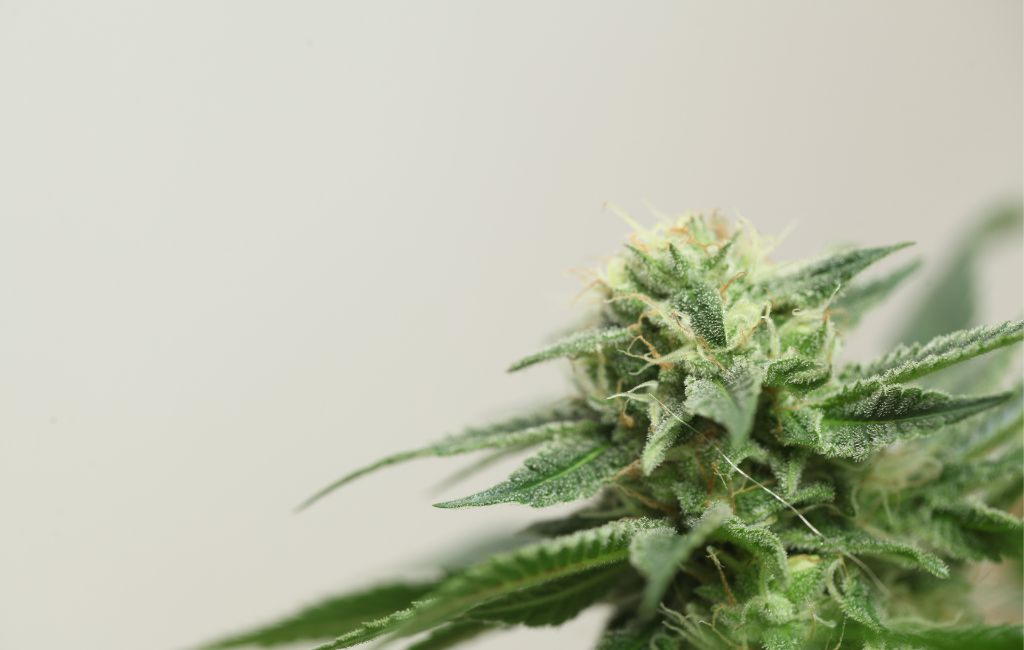Understanding THCa Flower Legality
The legal landscape surrounding cannabis and its derivatives is complex and ever-evolving. Among the many compounds found in cannabis, THCa (tetrahydrocannabinolic acid) has garnered attention for its unique properties and potential benefits. This article explores the legality of THCa flower, providing insights into its status across different jurisdictions and the factors influencing its legal standing.
What is THCa?
THCa is a non-psychoactive cannabinoid found in raw and live cannabis plants. Unlike THC (tetrahydrocannabinol), which is known for its psychoactive effects, THCa does not produce a “high” when consumed in its natural form. When exposed to heat through smoking, vaping, or cooking, THCa converts into THC, which is why understanding its legal status is important for consumers and businesses alike.
Legal Status of THCa Flower
The legality of THCa flower varies significantly across different regions. This section examines the legal frameworks in place in various jurisdictions and the factors that influence these laws.
United States
In the United States, cannabis laws differ from state to state. The federal government classifies cannabis as a Schedule I controlled substance, which includes all parts of the plant, whether growing or not. However, the 2018 Farm Bill legalized hemp, defined as cannabis with less than 0.3% THC on a dry weight basis. This has led to some confusion regarding the legality of THCa flower.
- States with Legal Cannabis: In states where cannabis is legal for recreational or medical use, THCa flower is generally permitted. Consumers can purchase it from licensed dispensaries, and it is often marketed for its potential therapeutic benefits.
- States with Hemp-Only Laws: In states that only allow hemp-derived products, the legality of THCa flower can be ambiguous. Since THCa is non-psychoactive, some argue it should be treated like CBD products. However, the potential for THCa to convert into THC complicates its legal status.
International Perspective
Globally, the legal status of THCa flower varies widely. Some countries have embraced cannabis reform, while others maintain strict prohibitions.
- Canada: Cannabis is legal for both medical and recreational use, making THCa flower legal as well. Canadian consumers can access THCa products through licensed retailers.
- European Union: The EU has a patchwork of cannabis laws. While some countries have legalized cannabis for medical use, others have not. THCa flower’s legality often depends on its THC content and intended use.
- Australia: Medical cannabis is legal, but recreational use remains prohibited. THCa flower may be available to patients with a prescription, depending on state regulations.
Factors Influencing THCa Flower Legality
Several factors contribute to the legal status of THCa flower, including scientific research, public perception, and regulatory frameworks.
Scientific Research
Research into the potential benefits and risks of THCa is ongoing. Studies suggest that THCa may have anti-inflammatory, neuroprotective, and anti-emetic properties. As more evidence emerges, it could influence policymakers to reconsider existing laws and regulations.
Public Perception
Public opinion plays a significant role in shaping cannabis laws. As awareness of THCa’s non-psychoactive nature grows, there may be increased support for its legalization. Advocacy groups and public campaigns can also impact legislative changes.
Regulatory Frameworks
Regulatory bodies, such as the FDA in the United States, have a significant influence on the legality of cannabis products. These organizations assess the safety and efficacy of products before approving them for sale. The classification of THCa as a non-psychoactive compound could lead to more lenient regulations in the future.
Case Studies and Examples
Examining specific cases can provide valuable insights into the complexities of THCa flower legality.
California: A Pioneer in Cannabis Reform
California has been at the forefront of cannabis legalization. The state legalized medical cannabis in 1996 and recreational use in 2016. THCa flower is widely available in California, with consumers using it for both medical and recreational purposes. The state’s progressive stance on cannabis has set a precedent for other regions considering similar reforms.
Texas: Navigating Hemp Laws
Texas has strict cannabis laws but allows hemp-derived products with less than 0.3% THC. The legality of THCa flower in Texas is uncertain, as it falls into a gray area between hemp and cannabis. This has led to legal challenges and debates over the interpretation of state and federal laws.
Conclusion
The legality of THCa flower is a complex issue influenced by a variety of factors, including scientific research, public perception, and regulatory frameworks. While some regions have embraced THCa for its potential benefits, others remain cautious due to its ability to convert into THC. As research continues and public opinion evolves, the legal status of THCa flower may change, offering new opportunities for consumers and businesses alike.
